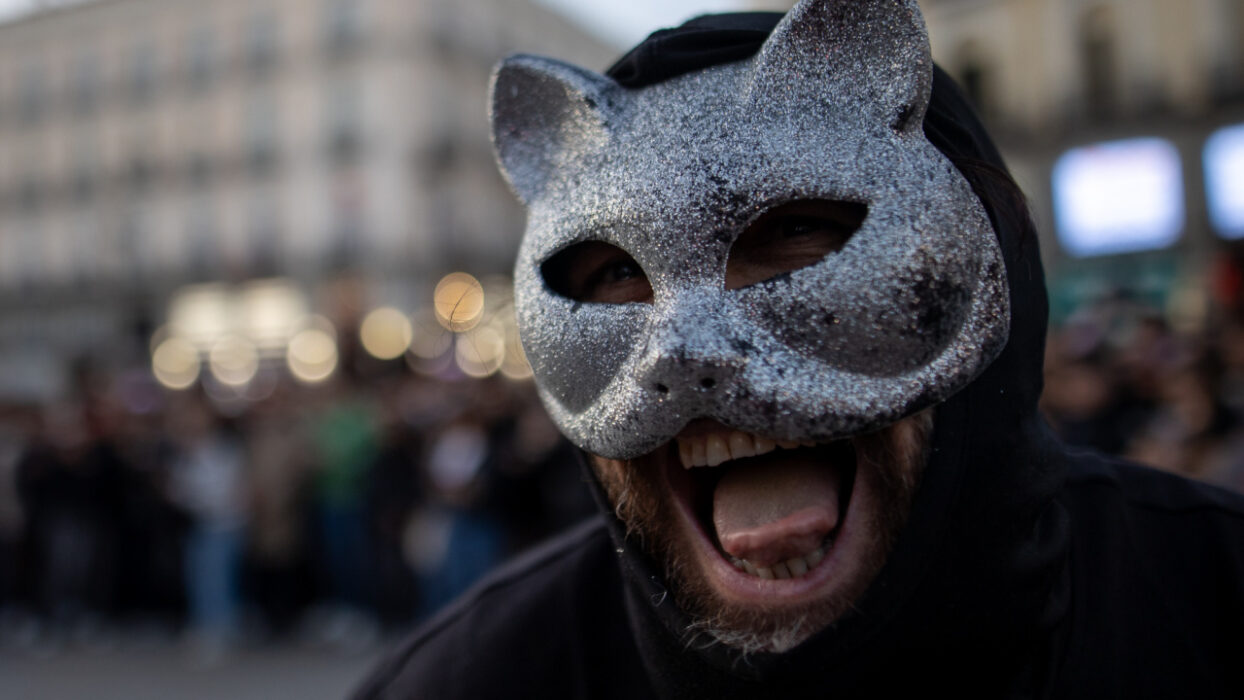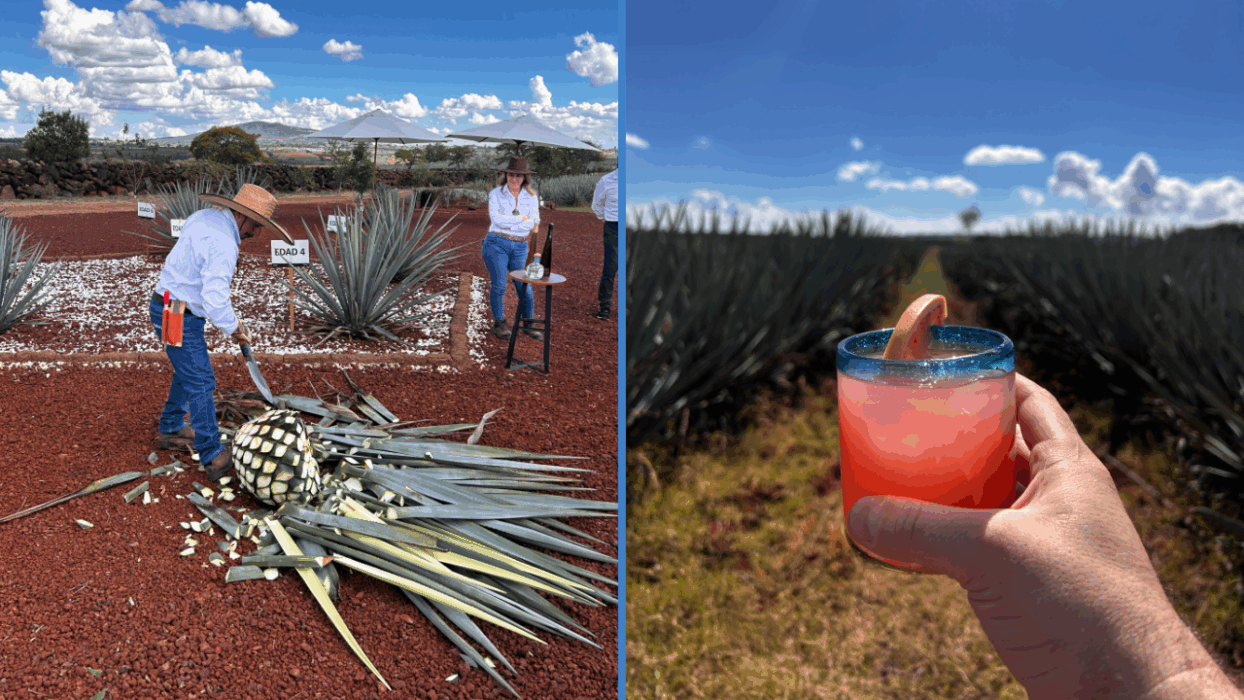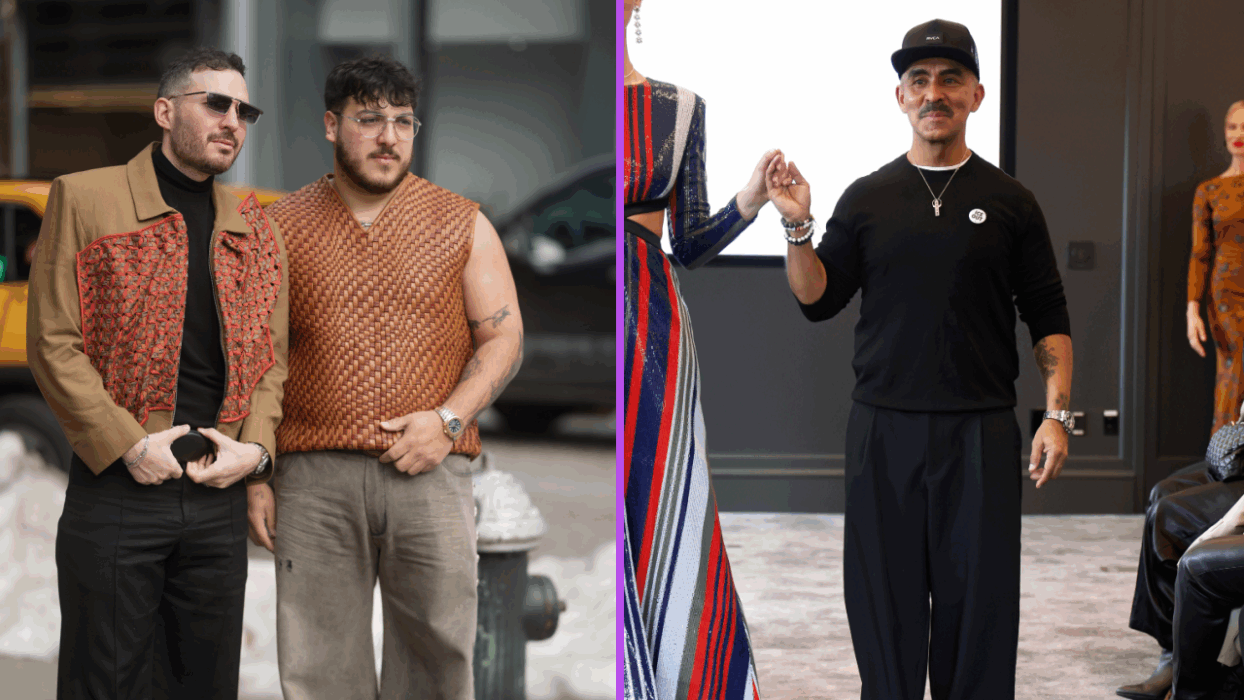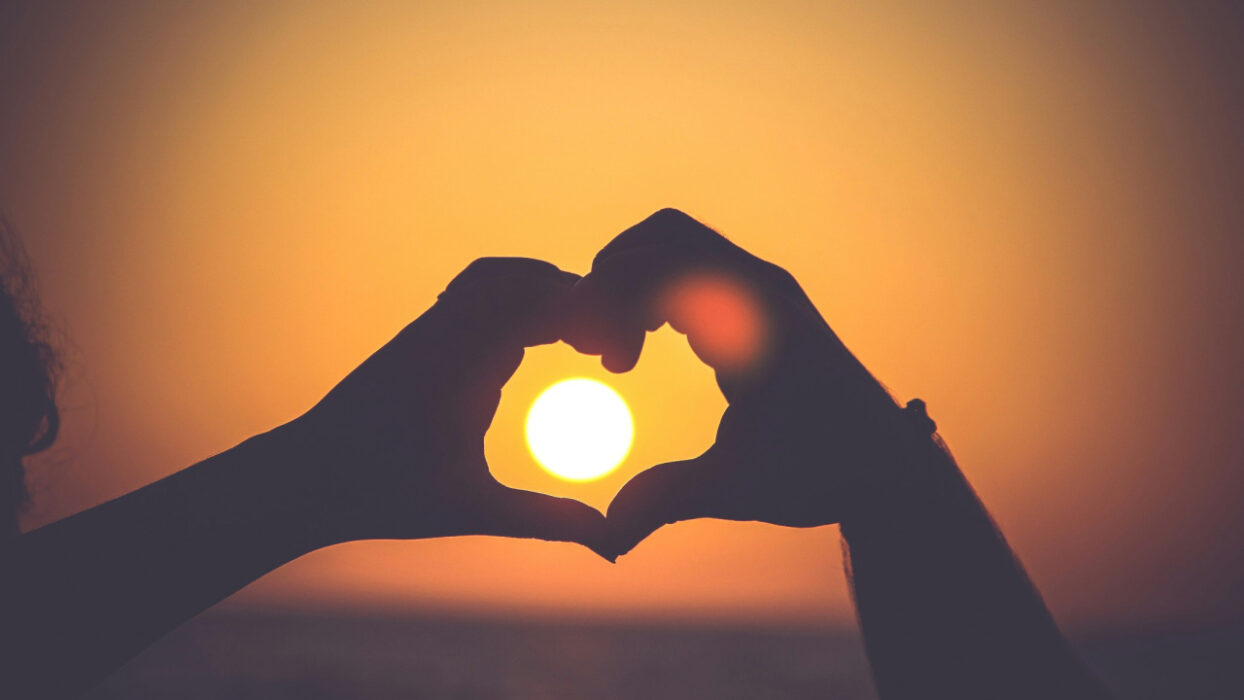
LGBTQ Activists Condemn the Dominican Republic For New Penal Code That Makes Anti-Gay Discrimination Legal
Courtesy: dariolagrande; sharhem/Twitter
Recently, the hashtags #DontCometoDR and #DRisnotgayfriendly began to trend on social media. The trend was in response to a new penal code that the Dominican Republic‘s government passed.
The Dominican Republic’s new penal code states that “sexual orientation” is no longer lawfully protected from discrimination.
— dani༉‧₊˚✧ (@dariolagrande) July 2, 2021
Article 186, section two of the country’s new penal code states that “there will be no discrimination when the service provider or employer basis the refusal by objection of religious, ethical, moral conscience, or institutional requirements.” In addition, the government removed the former clause in the penal code that criminalized discrimination based on sexual orientation.
That means that service providers can legal refuse service to a customer because they are gay. That also means that an employer can refuse to higher a candidate because they are gay. In fact, there are a myriad of reasons someone could deny someone service or employment based on religious grounds or “moral” grounds–all one has to do is get creative with their argument.
All in all, this new penal code makes blatant discrimination against marginalized identities fair game.
LGBTQ activists have taken to social media with an organized digital campaign to bring awareness to this infringement of their rights. The goal of #DontCometoDR it to hit the Dominican government where it hurts: their economy. In 2019, tourism made up 17% of the DR’s GDP. 65% of those tourists come from North America. By staging a tourism boycott, LGBTQ activists are hoping to make politicians think twice about the punitive laws.
The plan is to leverage the economic power of the American LGBTQ community, as well as it’s allies, to effect change on the country’s anti-gay policies.
Social media users are already using their platforms to educate and inform their audiences of the harm that these laws have the potential to cause.
“My country, the Dominican Republic, has recently made it completely legal to be discriminated against by gender, sexual orientation, and skin color,” wrote artist Maria Staffeld in a since-deleted Instagram post. “This means you can be rejected for a job for simply being a woman, being gay/trans, or the color of your skin. The internalized misogyny/racism that my country indoors has always been a fact. But now there’s simply no way to defend our basic human rights.”
“This ‘tropical paradise’, in reality, is a dystopian paradise,” she continued. “We’re constantly moving backward on inclusion and diversity. We won’t keep up with this oppression. It’s sad. It’s shameful, and it’s abusive. Yet, I’m still hopeful for my generation to promote change as we keep trying to be heard.”




